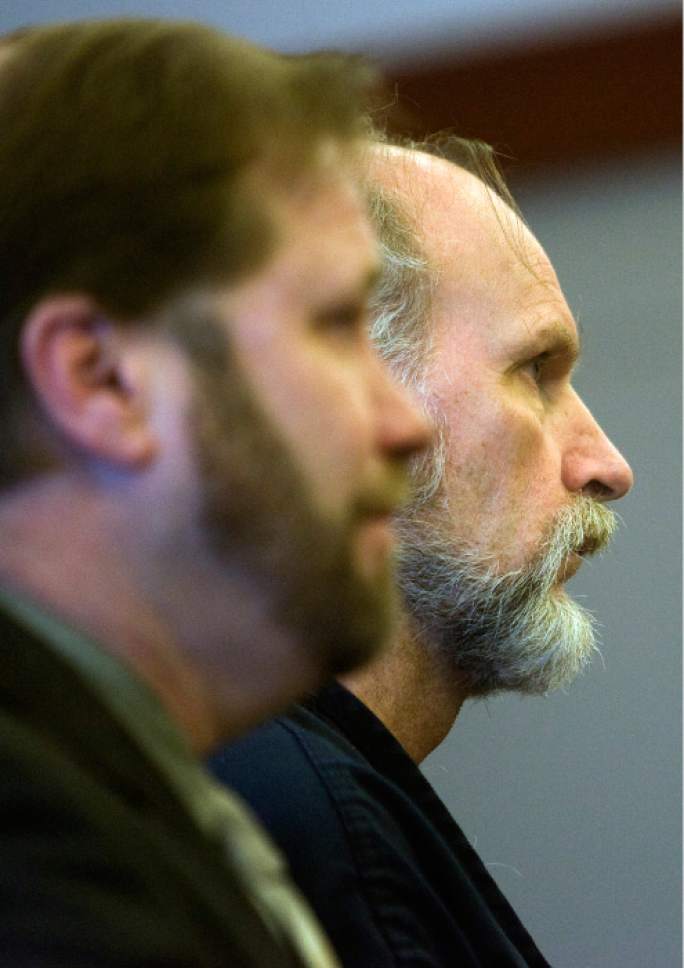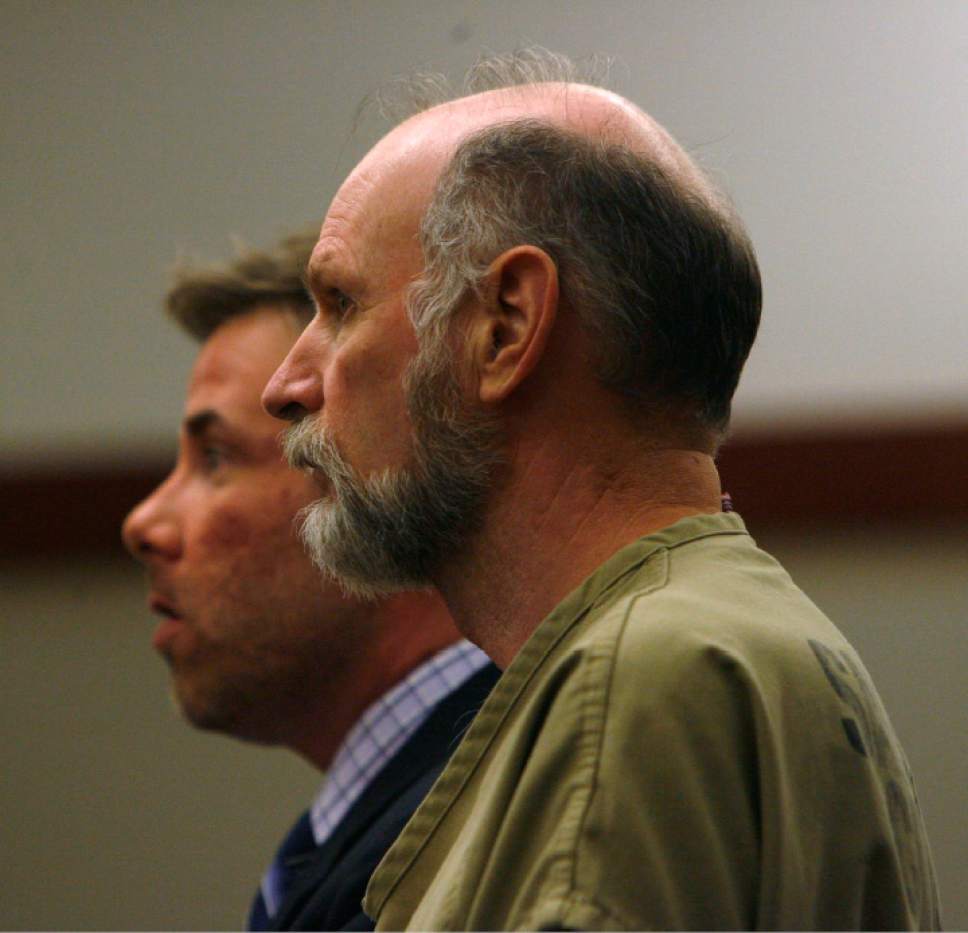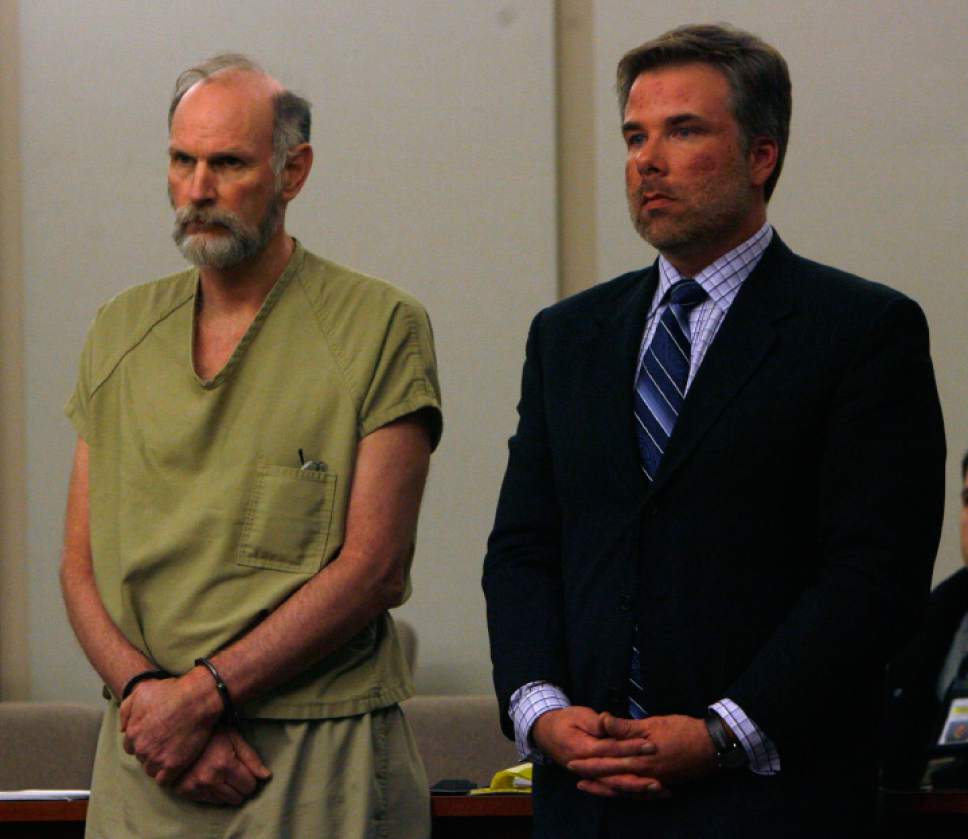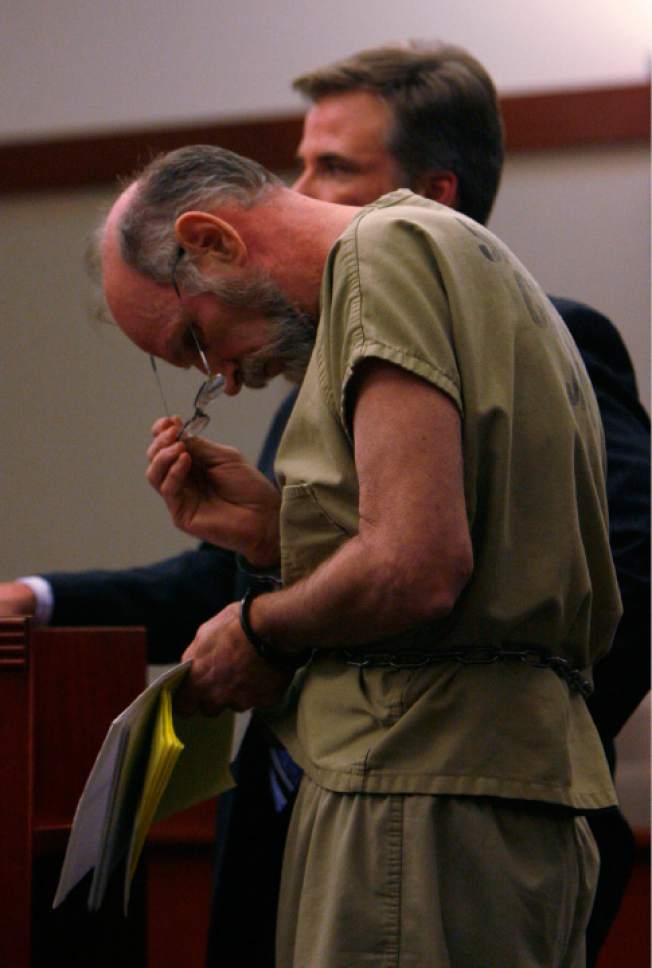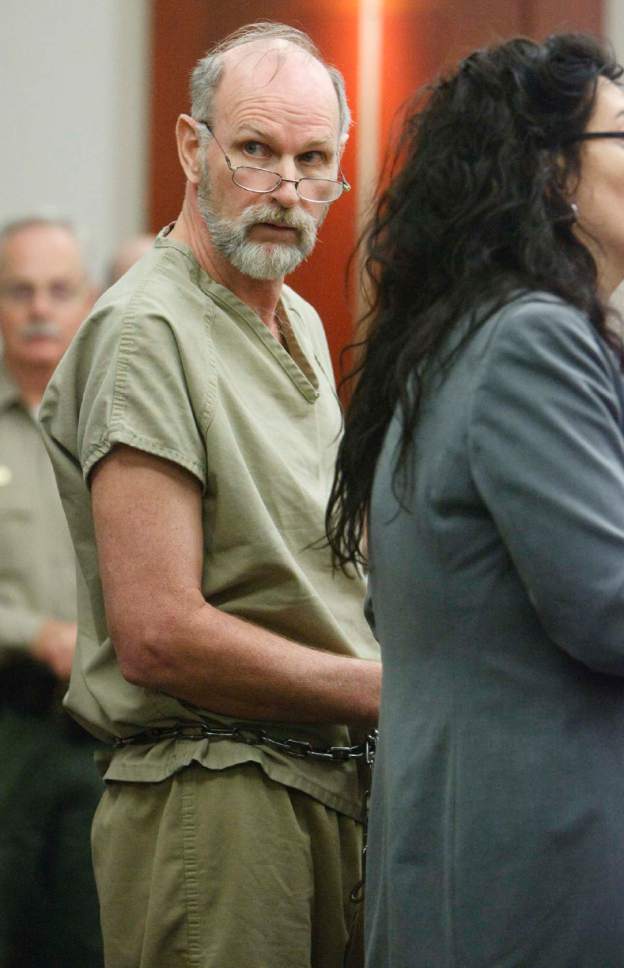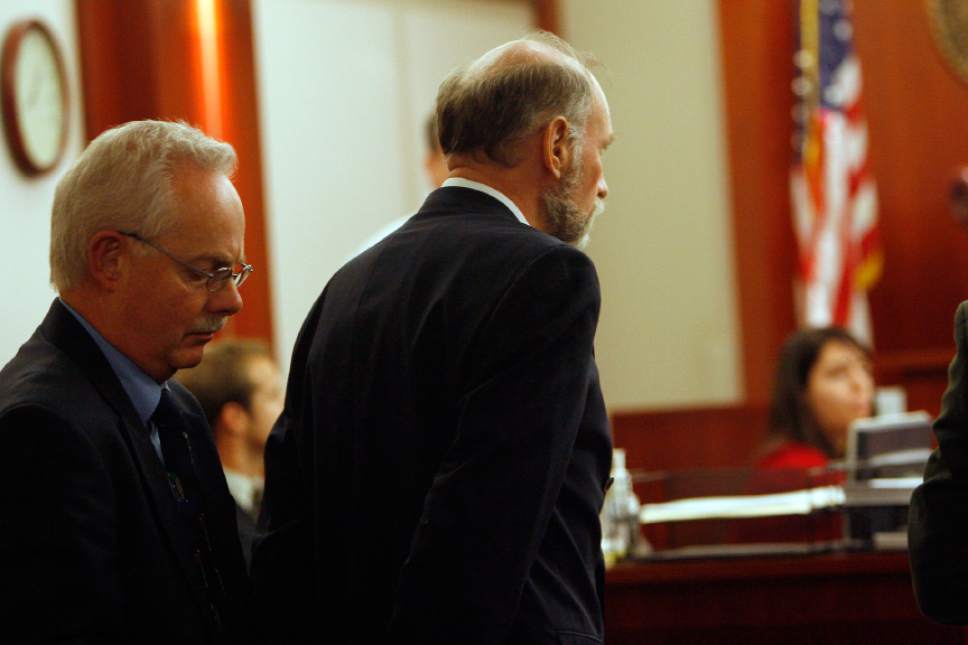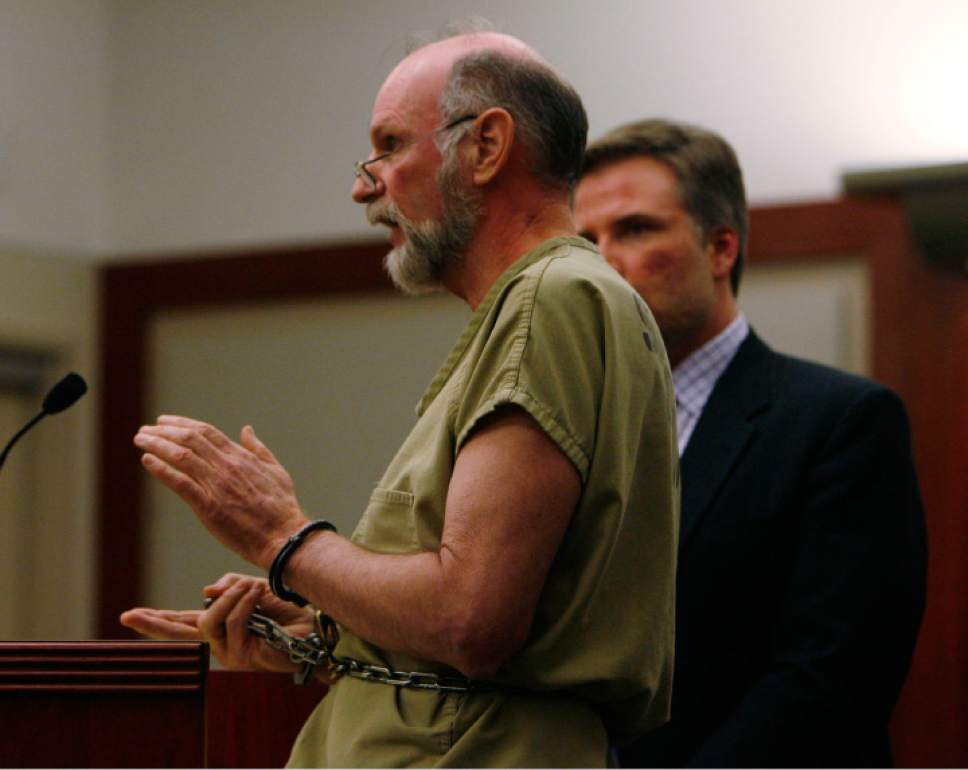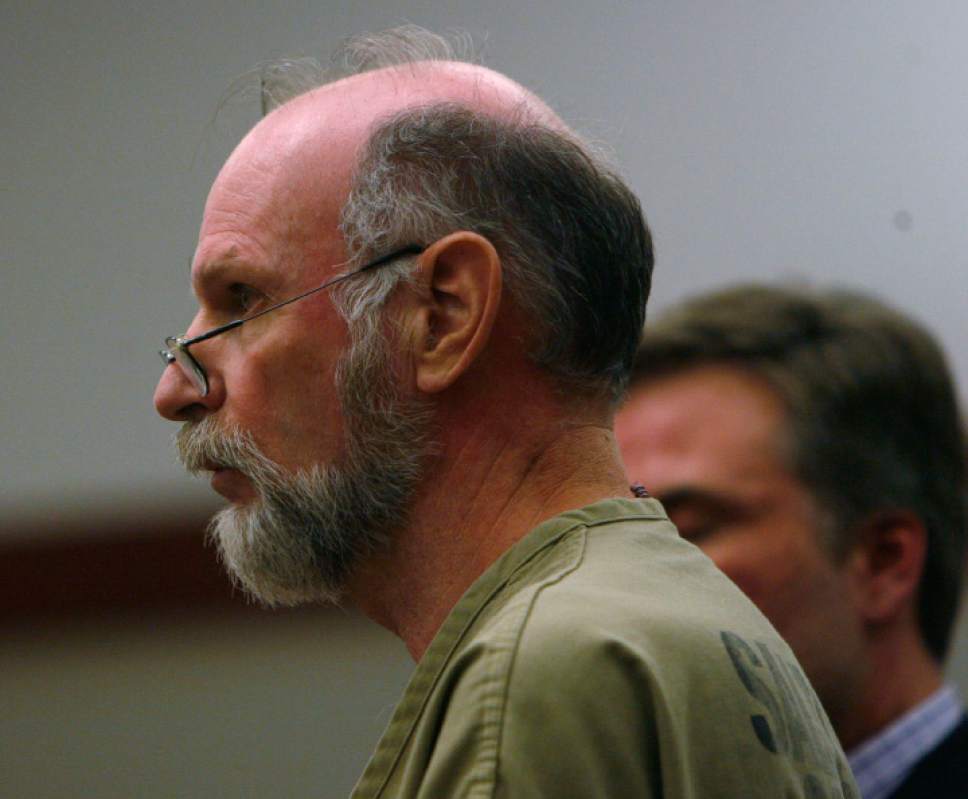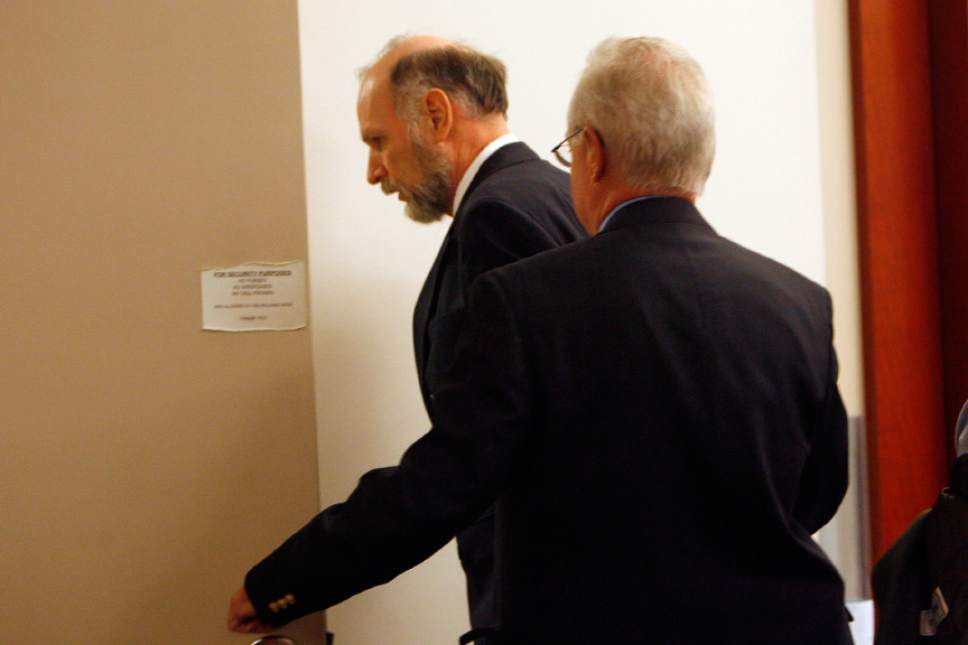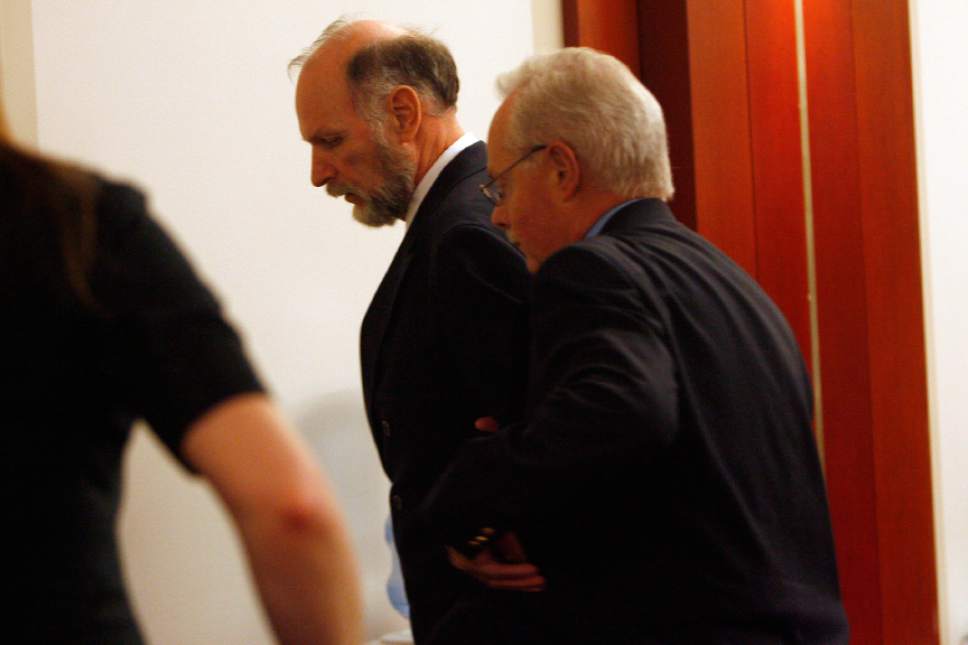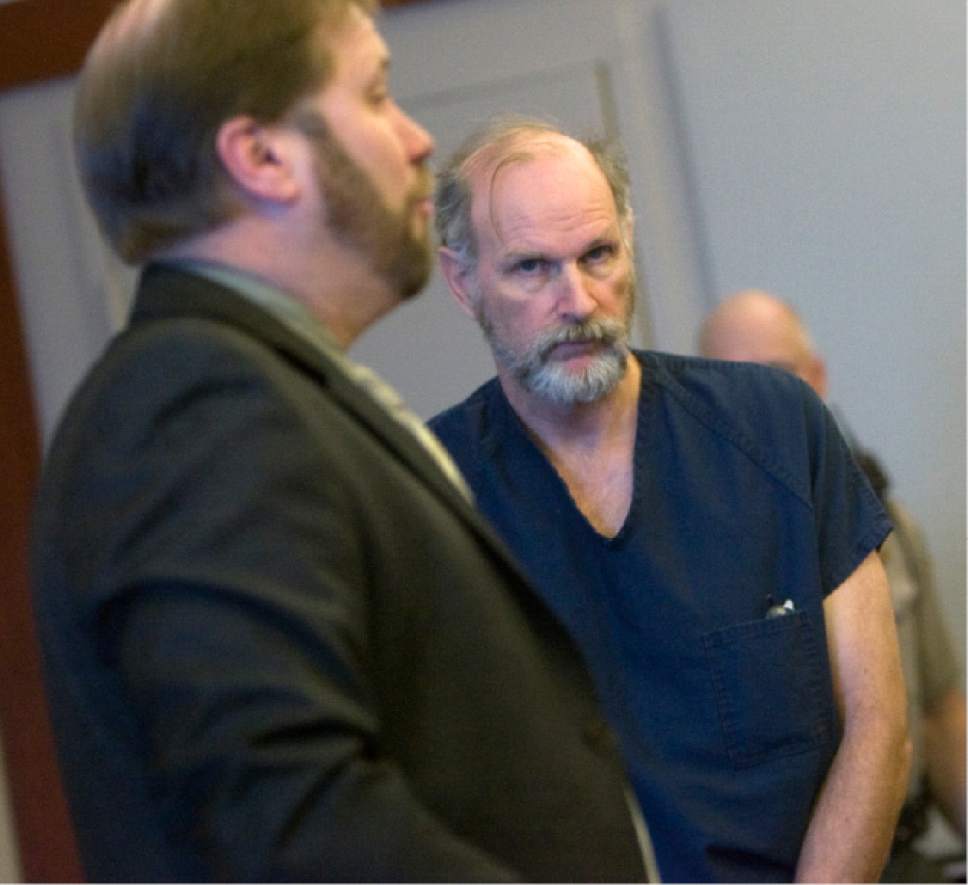This is an archived article that was published on sltrib.com in 2017, and information in the article may be outdated. It is provided only for personal research purposes and may not be reprinted.
The Utah Court of Appeals on Friday denied a petition from a Holladay man convicted of killing his wife by deliberately hitting her with his pickup truck in 2007.
Sherman Alexander Lynch III requested a new trial or a reversal of his murder conviction, saying his lawyers were ineffective and that he had discovered new evidence.
Friday's ruling upheld a judge's dismissal of Lynch's petition, filed after his previous appeal of his conviction was rejected. In the new ruling, the appeals court said evidence Lynch claimed was neglected did come up in court. Lynch's other ineffective-assistance arguments were dismissed because trial lawyers had a tactical basis for their decisions, according to the ruling. The appeals court also affirmed that the judge correctly denied Lynch's arguments about new evidence.
Lynch was convicted by a 3rd District Court jury in 2008 for the death of his wife. The jury found him guilty of first-degree felony murder and second-degree felony obstruction of justice, for attempting to hide a white truck he had purchased.
Patricia Rothermich died on Oct. 3, 2007, after being hit by a vehicle from behind while walking near her home. A passer-by found the 64-year-old social worker lying in bushes and called 911. She was pronounced dead upon arrival at the hospital.
In his petition, Lynch said he had wanted his attorneys to examine the truck because it wasn't in good enough condition to run. However, the new ruling said, his attorney, Julie George, told him it would need to be checked in the presence of a detective, and that if the vehicle was working, those facts would be presented; Lynch then decided against the vehicle check.
Lynch argued that evidence — details about paint flakes and oxidized material being present on the truck but not the victim's body — was neglected. But according to the opinion, all of the information Lynch referred to was presented at trial. What Lynch took issue with was the relative emphasis his lawyers placed on different bits of information, wrote appellate Judge Michelle Christiansen.
Two individuals had evidence that he wasn't involved in the hit-and-run, Lynch argued, and his lawyers didn't contact or properly use them. George said she chose not to use one witness because of concerns of hearsay: the witness said she overheard someone talking about hitting a woman in Holladay. The second witness submitted sworn testimony, and the appeals court found that the decision to not investigate the second witness further was a "reasonable tactical choice."
The new evidence involved a dispute about whether black zip ties were found at the scene. Lynch submitted affidavits from two private investigators who said no ties — which might have been used to secure the truck's hood — were found at the scene, contrary to testimony from detectives and photographs.
The court determined that the new evidence didn't do enough to raise reasonable doubt, and that even without the ties as evidence, a reasonable jury could have chosen to convict Lynch based on the rest of the evidence presented.
During the trial, prosecutors argued that Lynch's motive was two-fold: a $150,000 life insurance policy on his wife and an affair he was having.
After the crash, Lynch gave a television interview asking for the public's help in tracking down the person who hit his wife, and the woman Lynch was having an affair with went to the police.
Before the TV broadcast, the girlfriend hadn't known Lynch was married, she said. She told police she had helped Lynch buy a truck at auction, and investigators found the truck hidden in an abandoned garage, according to court records.
In 2009, Judge Deno Himonas sentenced Lynch to 15 years to life in prison for the murder, and one to 15 years for obstruction, to be served consecutively.
Twitter: @tiffany_mf


